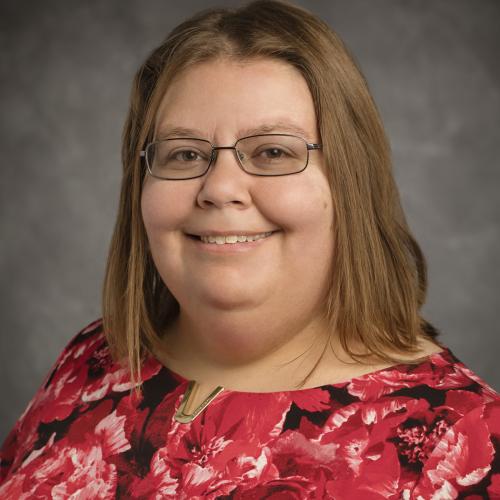When retracted papers are cited both before and after retraction, the scientific publication network inadvertently propagates potentially faked data, fundamental errors, and unreproducible results. Assistant Professor Jodi Schneider is working on reducing the spread of retracted science, receiving a grant from the Alfred P. Sloan Foundation for this research.
A new publication by Schneider presents a case study of long-term post-retraction citation to falsified clinical trial data (Matsuyama et al., 2005). "Continued Post-Retraction Citation of a Fraudulent Clinical Trial Report, 11 Years After It Was Retracted for Falsifying Data" was recently published in a special issue on scholarly literature mining in Scientometrics. Coauthors include Di Ye (BS Statistics '19), and Alison M. Hill and Ashley S. Whitehorn, both medical researchers in Australia.
"The Matsuyama 2005 paper was retracted for falsifying data, so its conclusions are no more reliable than make-believe," she said. "The most shocking thing was that 96 percent of the post-retraction citations were positive—and used the retracted work as real science. This should never have happened. But even now, 12 years after the 2008 retraction, researchers are still citing the paper. We stopped our data collection in 2019, but even in 2020, people are still citing this paper."
According to Schneider, this diffusion of misinformation has the potential to harm patients, through promoting a nutritional treatment that has not yet been established through strong, concordant evidence and may be used as an adjunct to pharmacotherapy.
"It is also conceivable that, based on the publicity of the outcomes from the Matsuyama study, some individuals with COPD may perceive omega-3 supplements as a possible natural alternative to pharmacotherapy," she said.
As part of her Sloan Foundation grant, Schneider will be hosting an online workshop this fall, Reducing the Inadvertent Spread of Retracted Science (RISRS2020). The workshop will bring together diverse stakeholders in the academic publishing ecosystem to consider the problems created by the continued citation of retracted research and discuss possible solutions.
Schneider studies the science of science through the lens of arguments, evidence, and persuasion. She is developing linked data (ontologies, metadata, and Semantic Web) approaches to manage scientific evidence. She holds a PhD in informatics from the National University of Ireland, Galway. Prior to joining the iSchool in 2016, Schneider served as a postdoctoral scholar at the National Library of Medicine, University of Pittsburgh, and INRIA, the national French Computer Science Research Institute.
